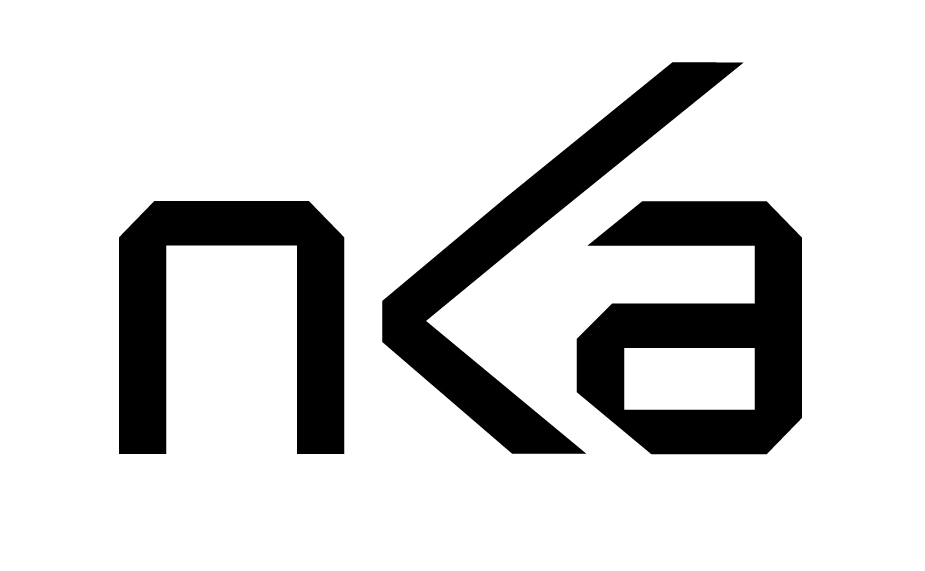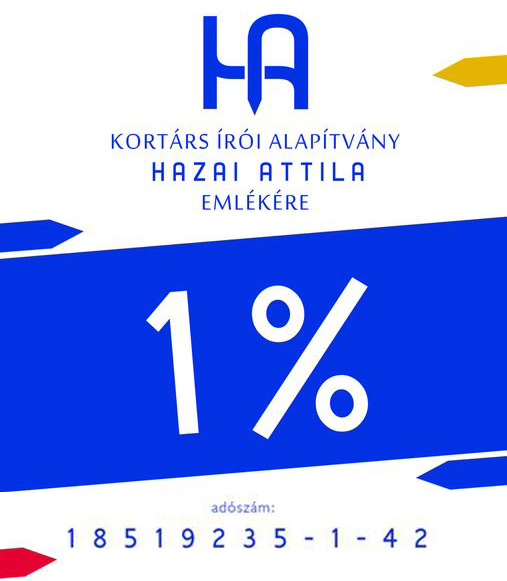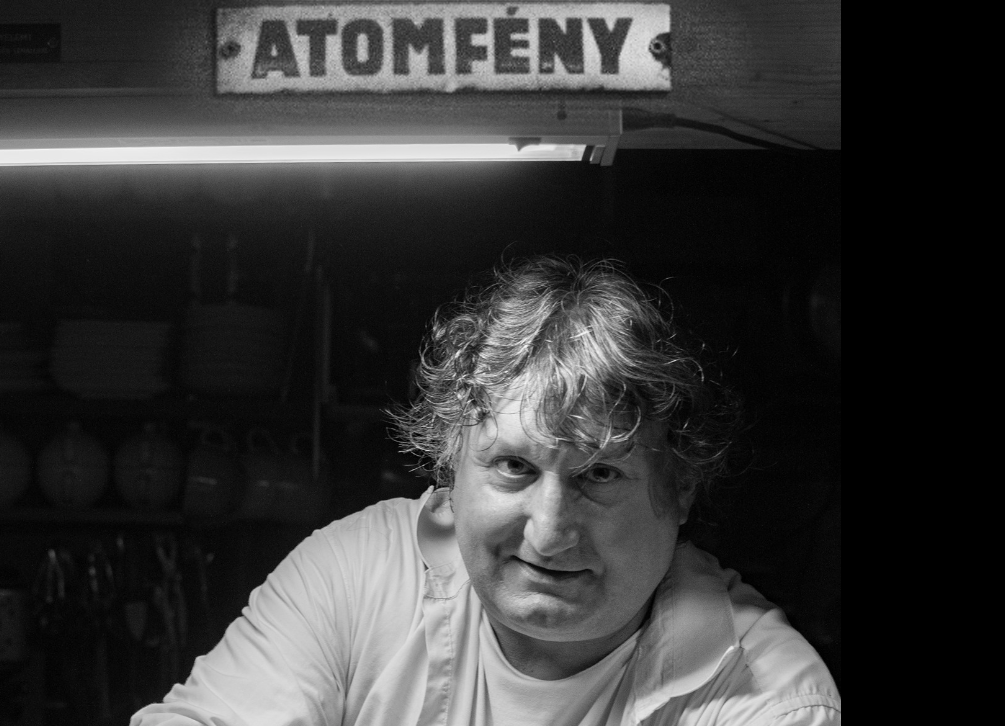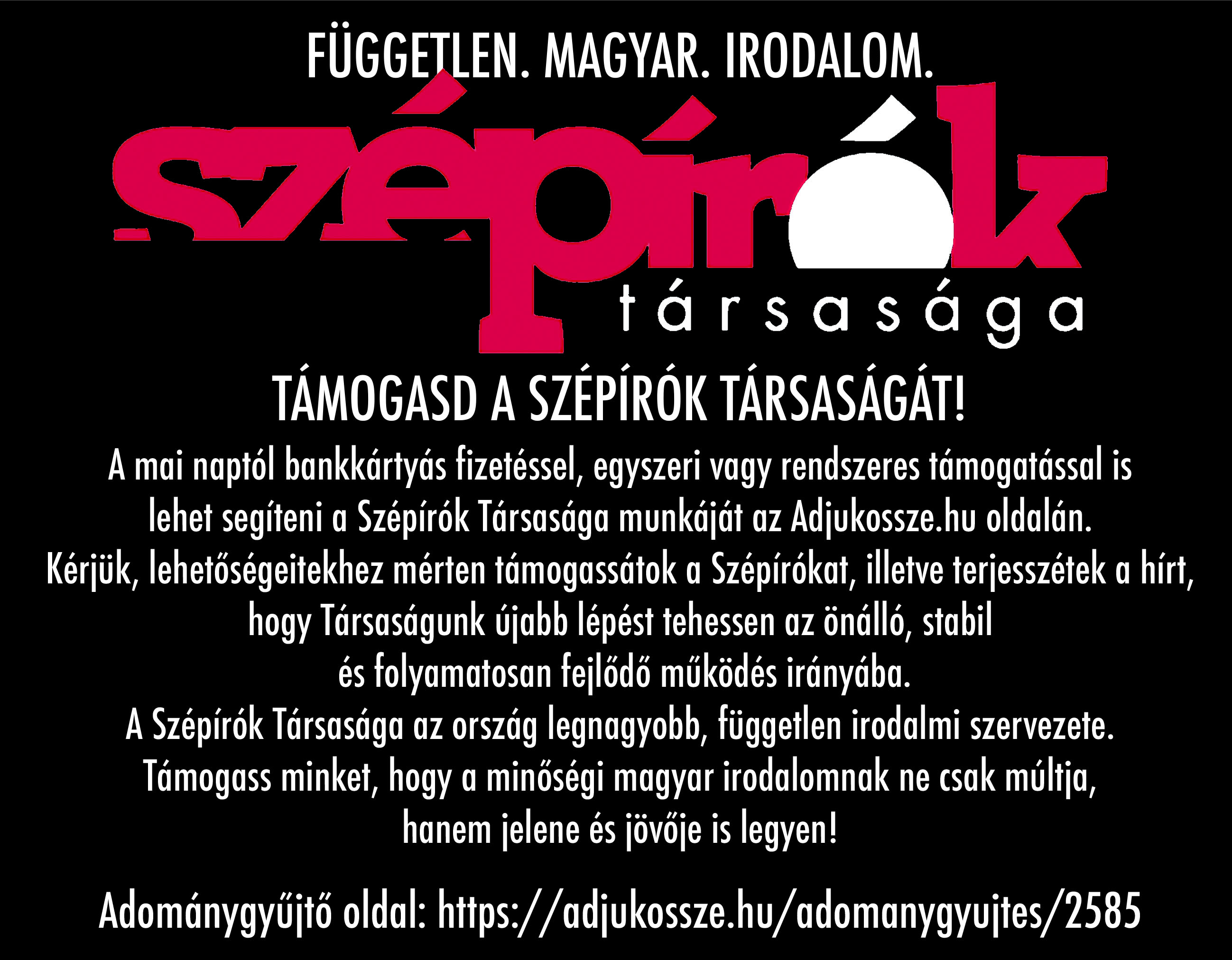SILO - Socially Inclusive Literature Operation
 This project supported by Creative Europe bridges the distance between elite and everyday culture. It makes domestic and foreign European literature accessible for everyone, especially for groups that do not normally come into contact with literature. From a participatory approach we involve different groups of citizens (refugees, hospital patients, young adults, prisoners, secondary school students, elderly people). We work "outreach": we organise events in these groups’ daily context. During those events we create situations where everyone can take the role as writer or as storyteller. So, we create a narrative community where sharing stories is central. By doing this, we create an opportunity to talk about foreign literature and learn about the different experiences op people from different parts of Europe. During every event there will always be a (foreign) writer or literary expert. These writers will help participants discover the power of writing in tackling problems they face. On a digital platform we share stories from the narrative community. On the basis of our experiences we will create guidelines for organizing participatory literature events, that educators and organisers of cultural events can use.
This project supported by Creative Europe bridges the distance between elite and everyday culture. It makes domestic and foreign European literature accessible for everyone, especially for groups that do not normally come into contact with literature. From a participatory approach we involve different groups of citizens (refugees, hospital patients, young adults, prisoners, secondary school students, elderly people). We work "outreach": we organise events in these groups’ daily context. During those events we create situations where everyone can take the role as writer or as storyteller. So, we create a narrative community where sharing stories is central. By doing this, we create an opportunity to talk about foreign literature and learn about the different experiences op people from different parts of Europe. During every event there will always be a (foreign) writer or literary expert. These writers will help participants discover the power of writing in tackling problems they face. On a digital platform we share stories from the narrative community. On the basis of our experiences we will create guidelines for organizing participatory literature events, that educators and organisers of cultural events can use.
Consortium
UC Leuven-Limburg (BE), Aarhus Universitet (DK), Cultuurhuis de Warande (BE), Fundación Uxío Novoneyra (ES), Câmara Municipal da Madalena do Pico (PT), Szepirok Tarsasaga - Hungarian Society of Writers, Critics and Literary Translators (HU), Association KROKODIL (SR), Aarhus Public Libraries (DK)
Duration: 01/09/2017-31/08/2019
Funding programme: Creative Europe
Genreal coordinator contact: Tobias Frenssen Tobias.Frenssen@ucll.b
Local contact: Anna Gács annagacs@gmail.com



Programmes organized by Szépírók Társasága as part of SILO
1. Who Owns Literature? European Writers' Workshop
April 19, 2018, Budapest
In this discussion writers, translators, critics were invited to share their ideas on if and how the elitism of literature and literary institutions should be tackled, how new audiences can be reached and inspired, and if extending tools and skills of storytelling can lead to a more vivid and versatile literary culture. Questions discussed at the workshop included: What are the best recent practices in each country to reach new audiences for contemporary vernecular and foreign literature? What role primary and secondary education should have in this effort? Is creative writing taught at all school levels in each country? Have paerticipating writers ever attended a creative writing course? If yes, did it play a decisive role in their becoming a writer? What aims creative writing courses should persue? E.g. supporting would-be writers, educating audiences, providing useful tools for consciousness-raising and self-reflection?
Participants: Éva Karádi (Hungary), Ida Hegazi Høyer (Norway), Jonis Jonevs (Latvia), Noémi Szécsi (Hungary), Clare Azzopardi (Malta), Maria A. Ioannou (Cyprus), Giorgos [gy] Panagi (Cyprus - Germany), Eszter Tarsoly (UK), Peter Sherwood (UK), Julia Sherwood (UK), Anna Gács (Hungary), Emy Koopman (Netherlands), Theresia Enzensberger (Germany), Julia Weber (Switzerland), Katharina Winkler (Germany), Dora Kaplárova (Czech Republic – Germany), Anita Furu (Denmark), Satu Vasantola (Finland), Gabi Csutak (Hungary), Jakub Juhás (Slovakia), Weronika Gogla (Poland), Ádám Németh (Hungary), Ivana Djilas (Slovenia), Matěj Hořava (Czech Republic), Gábor Csordás (Hungary), Dorotea Vučić (Croatia), Dulce Garcia (Portugal).
Picture gallery >>>
2. Workshop with Clare Azzopardi and Maria A. Ioannu for secondary school students
April 19, 2018, Budapest
Writers Clare Azzopardi from Malta and Maria A. Ioannu from Cyprus mert Hungarian students from three secondary schools to discuss their works recently published in Hungarian and more general issues of literature, reading and learning about foreign writers, and choosing writing as a career. Four Hungarian publishing houses, Jelenkor, Kalligram, Magvető, Noran, offered gift books to participating students.
Picture gallery >>>
3. One-day workshop for creative writing schools
May 26, 2018, Budapest
Three creative writing workshops have been invited to exchange their experience. One of them, Van Helyed Alapítvány lead by writer and documentary filmmaker Krisztra Bódis, teaches creative writing among other skills to children form the poorest environments in Hungary. Another one, Penna Írósuli lead by writer, translator Rita Abody, offers writing courses to elemntary and secondary school students in Budapest, and the third one teaches writing to adults in Budapest. Wrtitng together, discussing eaxch others' texts and reading for an audience are all part of this meeting.
4. Contemporary world literature in secondary schools
Throughout 2018, in secondary schools and libraries across Hungary
Széíprók Társasága has been organising school visits by writers and critics for several years. In this project beside Hungarian literatrure visitng writers, scholars, editors, and critics also discuss contemporary world literature of their choice with students. Topics include who different lifestyles and identites are represented in literature, and how earind and writing can contribute to a better understanding of others.
5. Budapest-fragments
Throughout 2018, in secondary schools and cultural venues in Budapest
This programme cofinanced by the Open Society Institute connects the variuos literary representations of Budapest with contemporary writers and secondary school students. Students learn about how a matropolis like Budapest ahs been represented in Hungarian literary gtradition through short literary texts and contemporary writers' video explanations. Student are encouraged to write about their Budapest experience themselves.
Visit the project's website >>>
6. European writers', translators' amd publishers' meeting
April, 2019, Budapest
At the closing event of the Hungarian programmes, Hungarian and foreign authors, translators and publishers will discuss their experience of the project and more general issues audience outreach efforts.





